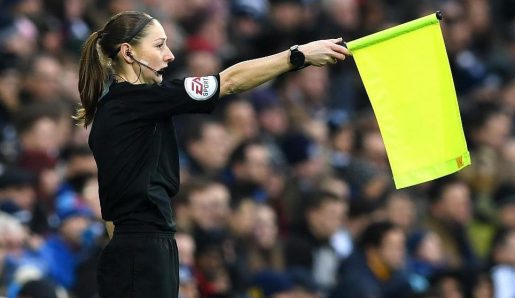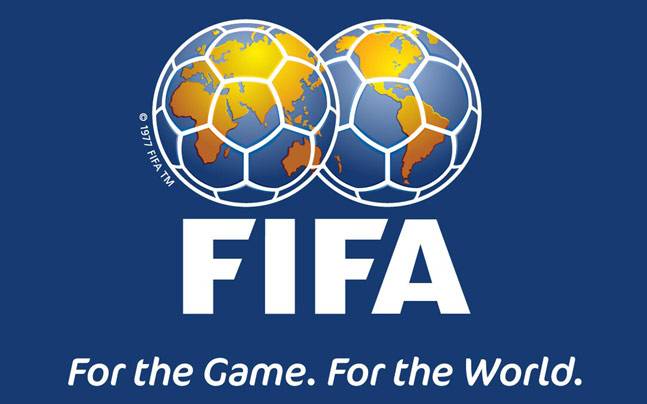FIFA’s announcement, recently, that female match officials will participate in the upcoming FIFA U17 World Cup is major news. It is the first time female officials will participate in a global male football tournament. FIFA Head of Refereeing, Massimo Busacca, is quoted as saying: “We think it’s time for elite female referees to be involved in a FIFA men’s competition.”
FIFA’s Secretary General, Fatma Samoura claimed that it has been FIFA’s aim to breakdown gender barriers. But FIFA has never been a leader in seeking gender equality. Instead, it has been a follower and it can often be an excruciatingly slow follower. It required corruption investigations to force FIFA to reform its Executive Committee to allow women members. Thus, FIFA is not exactly the harbinger of gender equality.

The barriers that FIFA so loudly proclaimed it was breaking had long been broken by several of its federations, including those in Africa like Nigeria. Nigeria has used female match officials at the top tier of its male football championship for more than a decade. This is far more advanced than FIFA’s current proposal to introduce female officials, not as centre referees but as flag persons on the lines. Moreover, while Nigeria uses female officials in its top tier league, FIFA’s proposal focuses on a youth tournament and with the female officials running the lines, away from the centre of the action. It is a world of difference. Think about this, female official Adebimpe Quadri was centre referee at the final of Nigeria’s prestigious Federation Cup in 2016. Quadri has also officiated African Champions League games. Thus, female competency in officiating at the top tier of male football has been established already. Why then restricting them to running the lines?

It is obvious that while Africa may be a follower in other sporting areas, it is certainly a beacon bearer in gender equality pertaining to football officiating. Not even Europe is ahead of Nigeria in this regard. In European countries such as Germany, it was only in 2017/18 season that a female referee Bibiana Steinhaus was named as a match official in the country’s top tier league – the Bundesliga I. Africa’s foresight, presenting female football officials at top tier of male football is rarely matched. The other example is in America’s MLS where females such as Nancy Lay and Sandra Hunt heralded female officiating at the top tier of male football league back in 1998.
FIFA’s decision to follow in the footsteps of America and Nigeria is commendable and it is a move that should have taken place a long time ago. There is nothing that indicates female officials as inferior to their male counterparts. The only barrier had been stereotypes, male chauvinism, and misguided masculinity. In Nigeria, the likes of Quadri have established themselves among the country’s best referees, regardless of biological sex. Thus, it is a reform that has long been expected and one that makes sense.
In the future, one would hope that the barrier currently exhibited at the coaching level will also be removed and FIFA may well put itself at the vanguard of persuading clubs and teams to move towards this consideration.
Africa can also provide the light for other parts of the world to emulate. After all, Africa’s introduction of female officiating at the top tier has been adopted beyond the region and introducing gender equality at the club and team management levels is the next logical step for the good of the game.









